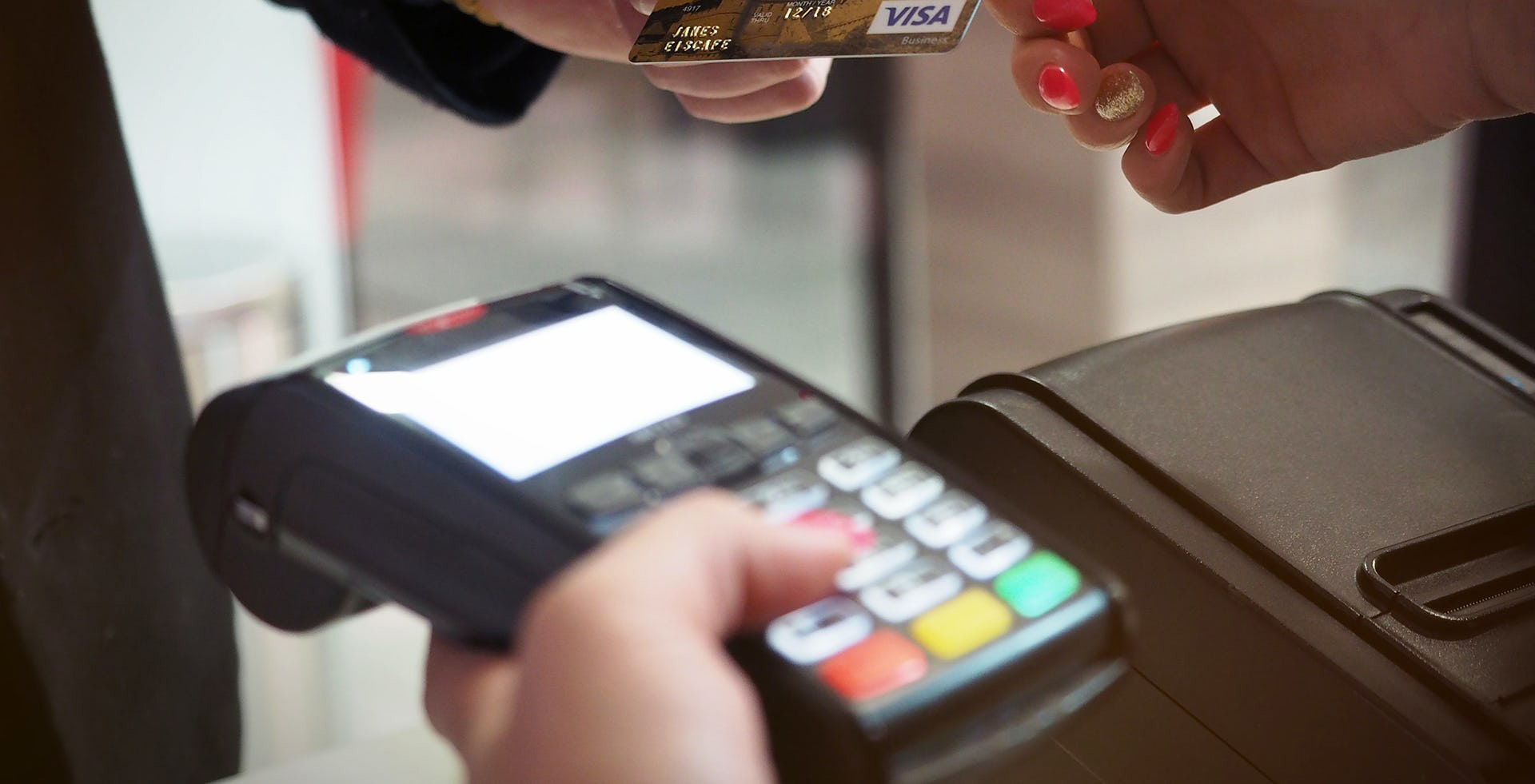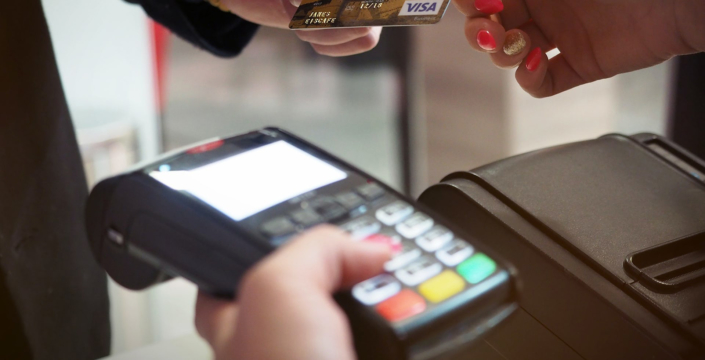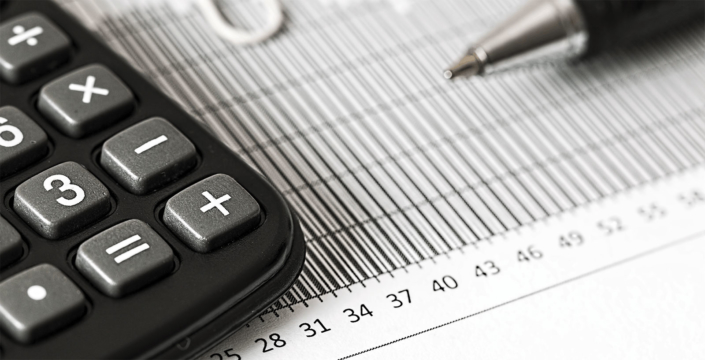Blog | All Posts | All Topics
Advances in technology influencing small business
How will this impact us in the future?
Small businesses need to consider the rapid shifts in consumer expectations and how they can harness technology to remain competitive.
A prevailing theme of modern society is instant gratification. This has largely been attributed to significant advances in technology. We are now able to access services and interact with others instantly, from wherever we are.
As consumer expectation shifts, it’s important for small businesses to harness technology to ensure their business offering is in line with their customer’s needs and expectation.
It’s not only the consumer that benefits from new technology – savvy businesses are using it to increase efficiencies within their own business.
We’ve taken a look at a few of the big technology changes currently influencing the small business world and speculate how this might impact the world down the track.
Off in the clouds
In simple terms, cloud accounting involves accessing accounting solutions online. Some well-known cloud accounting providers include Xero and MYOB. These systems have become extremely popular with small businesses due to their ease of use and ability to decrease administration hassles.
So what does the future hold for cloud accounting?
“Soon using the cloud will just be the norm. Just like email overtook faxes, it will soon become adopted on a widespread level as people get used to it,” said Mary O’Driscoll, Findex cloud accounting expert.
“Real time data obtained from cloud accounting will also help businesses gain a deeper insight into their financials,” Ms O’Driscoll said.
Moving forward, businesses could be driven to a deep degree by cloud related data, which will enable them to implement improvements, create efficiencies and find new ways to engage customers.
Robo-delivery
Will robots one day handle product delivery to and from your business? As technology for autonomous vehicles as well as affordable drones advances, this is a very real possibility.
In 2016 we’ve already seen some amazing concepts showing this idea off domestically. Domino’s have announced plans to launch a pizza delivery droid in early-2017, which can zip around cities at 20 km/h, while Australia Post trialled the use of parcel delivery drones in April and Singapore recently launched self-driving taxis.
As this technology advances, there is great potential for businesses to significantly reduce the costs and time associated with product delivery in the long-term.
A cashless society?
The use of physical currency is becoming increasingly less common and necessary, with convenient technology solutions able to facilitate payment more efficiently.
Contactless payments have simplified the use of cards for small transactions, while cheap and easy to use point-of-sale systems have allowed businesses to craft a better way for clients to pay.
Earlier this year, there was significant media coverage about a Brisbane cafe doing away with cash. Customers could pay only via card or by purchasing a special refillable coffee cup with an embedded chip linked to a credit card.
Breaking the bank – how much will we rely on them in the future?
Meanwhile, the way we bank could also undergo a shake-up, with companies like Uber showing how technology enables businesses to run without banks.
In the US, around a third of Uber drivers joined the company with no existing bank account. To get around this, Uber themselves have made signing up for a debit card and account a part of the application process, making the company the largest acquirer of small business bank accounts in the US.
Citing this case, Findex innovation program manager Andrew Lai said that “one day down the track, rather than being tied to a traditional bank, your finances could well be managed through seamless integrations with Google or Facebook accounts.”
What does it all mean?
Despite the hype of automated processes, the key element of business will always remain the people, according to Mary O’Driscoll.
“People still like dealing with people. The key will be making the back end work while ensuring the customer has a strong personal touchpoint,” O’Driscoll said.
While the future will see systems develop in a way that will enable them to process information and tasks in a more efficient manner than ever, at the end of the day, the best businesses will still need to focus on how they engage with their customer one-on-one.







